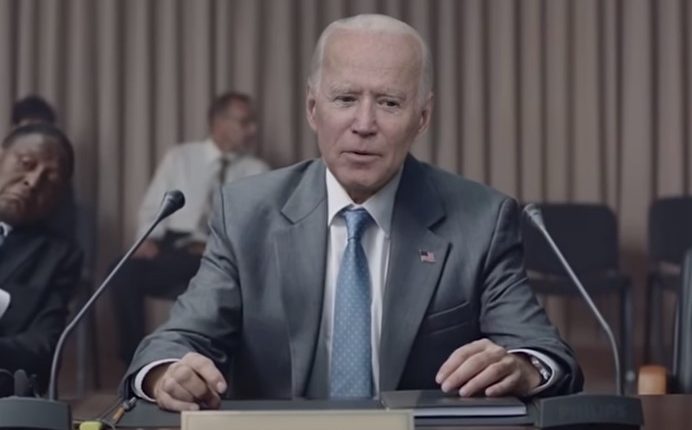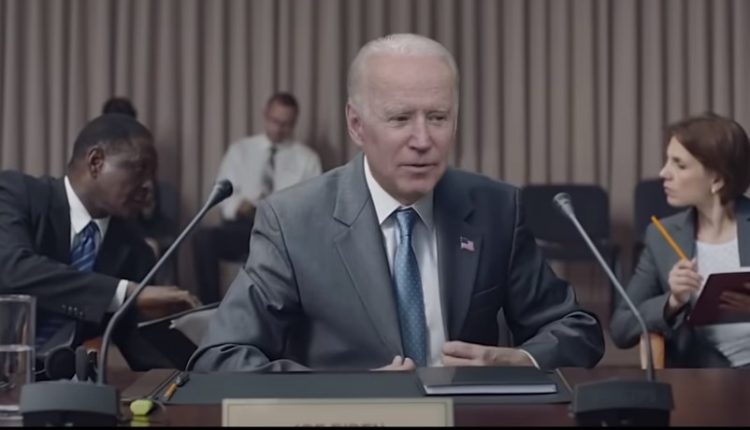
As the 2024 election cycle gains momentum, state lawmakers in the United States are taking swift action to address the challenges posed by artificial intelligence (AI) and deepfakes in political campaigns.
While only a few states grappled with these issues in 2023, the first three weeks of 2024 have seen legislators from both major parties introducing legislation in at least 13 states to combat the spread of misinformation and disinformation fueled by AI and deepfake technologies.
Deepfake Dangers
The urgency of addressing AI and deepfake threats was underscored by a recent incident where a fake robocall, featuring an impersonation of President Joe Biden, urged Democratic voters in New Hampshire not to participate in the upcoming primary.
Although it remains uncertain if the voice manipulation involved AI, the incident prompted the New Hampshire attorney general’s office to investigate, stating that the message appeared to be “artificially generated based on initial indications.”
Reacting to the incident, Robert Weissman, president of the government watchdog group Public Citizen, emphasized the need for immediate action, stating, “The political deepfake moment is here. Policymakers must rush to put in place protections or we’re facing electoral chaos.”
Read more: Microsoft Faces Cybersecurity Breach As Russian-Linked Group Targets Corporate Emails
Biden Deepfake Robocall Ignites Call for Urgent AI Threat Mitigation

State bills addressing the issue generally fall into two categories: disclosure requirements and bans. Disclosure requirements mandate disclaimers on any media created using AI and intended to influence elections within a specified timeframe.
On the other hand, ban-focused legislation includes nuanced exceptions. For example, Michigan’s law enacted last year doesn’t enforce a ban if a disclosure has been shared and the responsible party is unaware that the media “falsely represents” the depicted individuals.
Overview of State Bills:
- Disclosure Requirement Bills:
- Alaska and Florida have introduced bills by Republican lawmakers focusing on disclosure requirements.
- Banning Legislation:
- Hawaii, South Dakota, Massachusetts, Oklahoma, and Nebraska Democrats, along with Indiana and Wyoming Republicans, propose banning media created with AI within specific timeframes before elections unless featuring a disclosure.
- Nebraska Democrats introduced a bill banning all deepfakes within 60 days of an election.
- Arizona Republicans proposed a bill allowing candidates to sue for relief or damages in response to “digital impersonation.”
- Idaho Republicans aim to ban “synthetic media” without disclosure, allowing depicted individuals to sue.
- Kentucky Republicans seek to define and ban disseminating deepfakes without consent, providing legal recourse for those depicted.
- Virginia Democrats propose making deceptive audio or visual media a Class 1 misdemeanor.
Read more: Sam Altman Asserts The Need For A Nuclear Approach To AI At Davos

